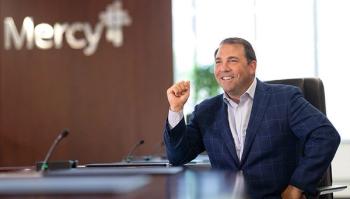
The Missouri-based hospital system has teamed with Aidoc to use artificial intelligence to support diagnostic imaging.

The Missouri-based hospital system has teamed with Aidoc to use artificial intelligence to support diagnostic imaging.

More physicians are showing enthusiasm for artificial intelligence and using it in their practice, a new American Medical Association survey finds.
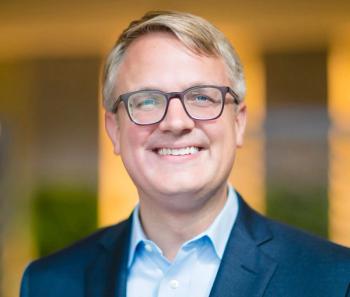
Once again, the clock is ticking on waivers for telemedicine and hospital-at-home programs. Kyle Zebley of the American Telemedicine Association talks about the push on Congress and the White House.
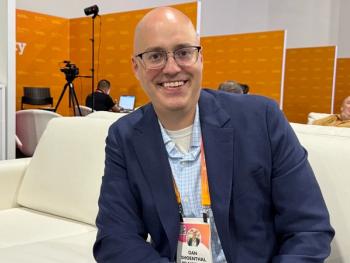
Dan Shoenthal, chief innovation officer at MD Anderson Cancer Center, talks about helping patients navigate the system, AI’s potential, and being thoughtful about its use.
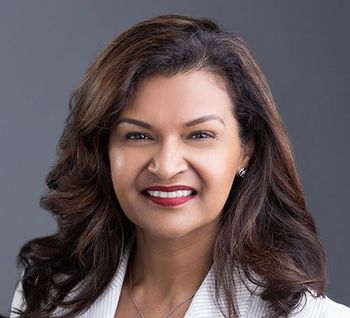
Emerus has partnered with several health systems to build small hospitals. Rachel George, chief medical officer of Emerus, talks about the company’s growth, increasing access and its telehealth model.
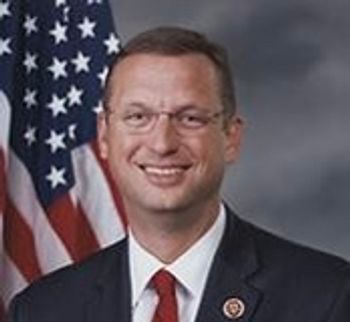
The former Georgia congressman secured Senate confirmation easily. He plans to address the backlog of claims and improve the system.

Researchers have found that physician burnout is tied to documentation time after hours. Lisa Rotenstein of UCSF Health talks about ways to reduce burnout.
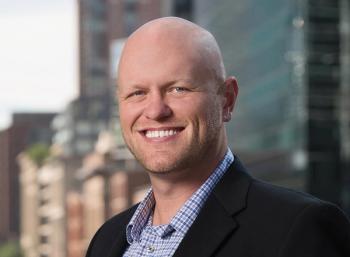
Combining innovative technology with personal attention to improve patient outcomes and drive value-based care initiatives

President Donald Trump is looking to cut federal spending, but given his focus on national security, hospitals and health systems could get some sorely needed help.
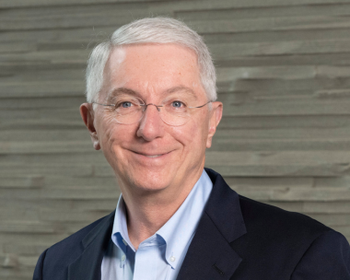
Given the significant risks associated with data breaches, accreditation provides assurance that an organization is dedicated to protecting sensitive information.

The healthcare ecosystem is at an inflection point: one where designing outreach for equity must be accounted for not as an afterthought but as a priority.
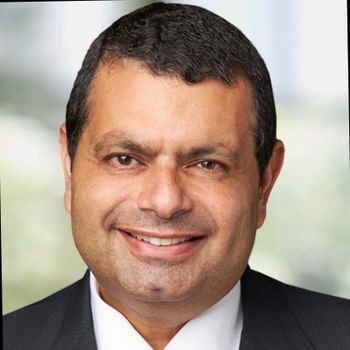
A new KPMG report finds optimism for more deals in the year ahead. Ash Shehata of KPMG talks with us about why many expect more M&A activity, and some potential headwinds.

Analysts said the Change Healthcare breach is the worst cyberattack the industry has ever seen, but other attacks affected millions of Americans.

Leaders and analysts offer their projections on how AI will be used in business operations and in improving patient care.
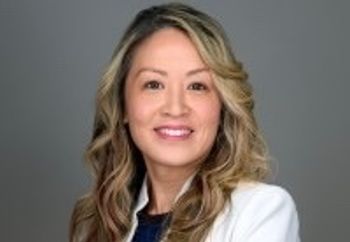
If your organization is considering granting payers direct access to your EHR, there are important safeguards to put in place.

Health systems continue to experience breaches that are costly and hampering patient care.
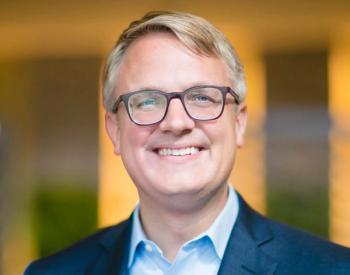
Congress approved a package that extends telehealth programs into March, but advocates are pushing for a longer deal. Kyle Zebley of the American Telemedicine Association talks about the wins and losses and the road ahead.

The health system suffered a cyberattack earlier this year that hampered patient care. Ascension has released the number of individuals touched by the breach.

Healthcare leaders and analysts share their thoughts on what health systems can expect in the next 12 months.
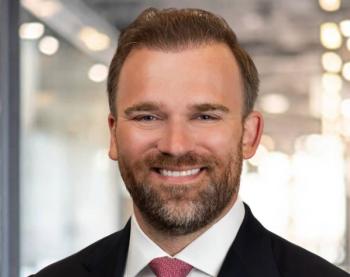
Erik Swanson of Kaufman Hall talks about the way that health systems will be expanding use of AI, and where they will move a bit more slowly.
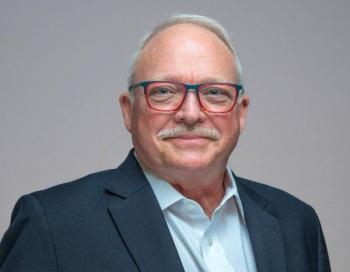
There's a compelling argument for healthcare as a whole to "slow the roll." This pause is not about stifling innovation but rather ensuring that AI tools are developed responsibly.
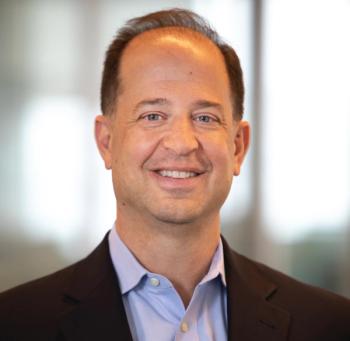
Greg Samios talks about new tools offering insights for health systems, and how the company is bringing AI to UpToDate, its clinical decision support tool.
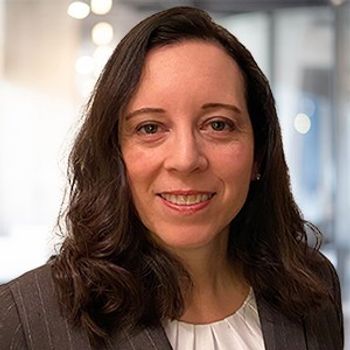
With so many threat actors targeting the healthcare industry, cybersecurity is an organizational issue, and buy-in must start at the top.
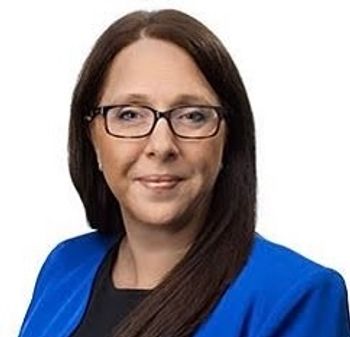
By analyzing trends in health outcomes and resource allocation, senior care centers can tailor their services to meet the specific requirements of each resident.
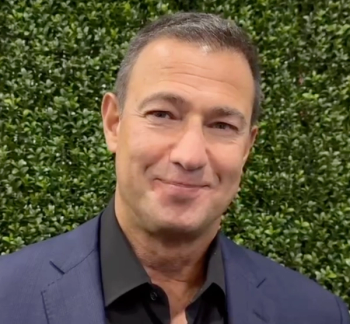
The co-founder of the telehealth company talks about the growth of virtual care, its value in behavioral health, and what deserves more attention.